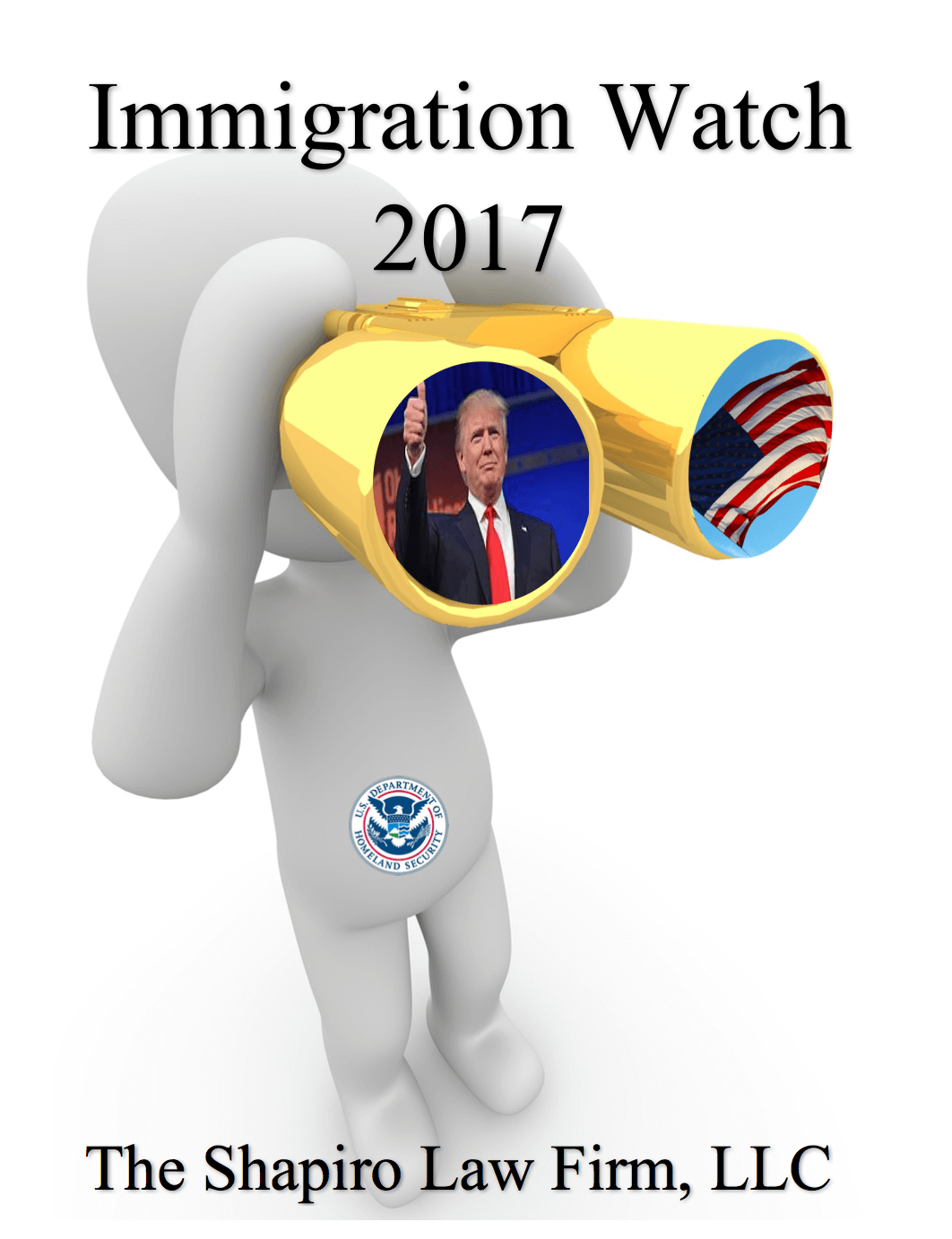#ImmigrationWatch | Topic #4: What is a Sanctuary City? A NY Immigration Attorney breaks down the basics.

What is a Sanctuary City?
There is no legal definition of a “Sanctuary City.” Basically, it refers to a city which refuses to fully comply with federal immigration authorities seeking to apprehend and remove unauthorized aliens.
State and local governments are supposed to collect information on a person’s immigration status and allow for the free exchange of this information to the federal government. While these officials are not specifically required to collect this information, any relevant information collected must be properly maintained, and state and local officials are prohibited from barring the exchange of this information to federal authorities.
Who is effected by living in a Sanctuary City?
The main category of immigrants that are effected by Sanctuary City policies are those people who have committed criminal offenses. If you not a U.S. Citizen and you are charged with a crime in this country, the state or municipality in which you are charged can have a major impact on your ability to remain in this country. If you are charged in a city that regularly cooperates with federal immigration authorities, then there is a much higher chance that you will be placed into Removal/ Deportation Proceedings upon completion of your criminal case.
If however, your criminal offense takes place in a Sanctuary City like New York, federal immigration authorities will have to first obtain a judge’s order (which is the functional equivalent of obtaining an arrest warrant) before holding an illegal immigrant for the U.S. Immigration and Customs Enforcement (ICE).
Like many other Sanctuary Cities across America, New York City also limits cooperation with the U.S. Department of Homeland Security (DHS) and ICE by failing to notify ICE of every non-citizen arrested, prior to each non-citizen’s release from custody. Once ICE is notified, it can issue a detainer that will allow them 48 hours to pick up the alien after the alien is released from custody. If ICE exercises this right, the alien can then be further detained based on immigration violations pending- or post-removal.
How about illegal aliens who have not committed a criminal offense?
This applies to non-criminal aliens living in the U.S. illegally as well. City authorities are supposed to notify ICE of any immigrant living within their jurisdiction illegally. This has sparked a lot of controversy in programs such as NYCID, which was set up my Mayor De Blasio to help undocumented individuals obtain a photo ID that is required for many public and private services. In order to receive a photo ID under the program, applicants must provide information regarding their immigration status. Mayor De Blasio has pledged to protect the information compiled from NYCID from federal immigration authorities, but technically federal law mandates that this information be turned over.
Why do Sanctuary Cities exist?
Sanctuary Cities exist for a variety of reasons. Officials who refused to cooperate with federal immigration authorities have stated that such cooperation would undermine community relations, disrupt municipal services, interfere with local enforcement, or violate humanitarian principles .
Why are there opponents to Sanctuary cities?
Opponents of Sanctuary cities argue that state and local authorities who refuse to cooperate with federal immigration authorities undermine federal immigration enforcement and encourage illegal immigration. Throughout the Presidential campaign, President-Elect Trump infamously criticized Sanctuary Cities who have released illegal criminal aliens, and highlighted cases where released illegal criminals have gone on to commit further crimes in the United States,
Do I live in a Sanctuary City?
There is no official list of Sanctuary Cities that exist, however there are at least 300 cities across the U.S. that have put at least some policies into play to shield undocumented immigrants from coming to the attention of federal authority.
Can President-Elect Trump force Sanctuary Cities to hand this information over?
President-Elect Trump has already pledged to cut federal funds to cities who refuse to comply with federal immigration authorities when he takes office on January 20. Trump will have the power to unilaterally withhold federal funding from cities who refuse to comply with his immigration enforcement policies. And this can create a major problem for certain cities like New York, who currently receives about $10.4 billion dollars a year in federal funding.
How can a Sanctuary City fight back?
Cities like New York have already began preparation for significant cuts in federal funding by examine budgets to see how to shift monies around. Mayor De Blasio has also announced that the NYCID program has a kill-switch that can erase all of the data to prevent it from getting into the hands of the federal government (although yesterday Staten Island lawmakers filed a lawsuit against Mayor De Blasio to prevent him from destroying the data). Even if this is not seen as a violation of federal law, New York and other Sanctuary Cities may face many obstacles if Trump follows through in blocking these cities from receiving most or all of their federal funding.
Ultimately, it is not clear how far President-Elect will go in carrying through with his threats to cut funds. Some of this funding in New York City, for example, goes towards the fight against terror. Not only would it be quite hypocritical for President-Elect Trump to defund anti-terror operations in an attempt to terrorize cities into compliance with his demands, but it would also place the city that he calls home at serious risk of attack.
*If you are in the United States and are worried about your ability to remain in the country, contact an experienced immigration attorney at The Shapiro Law Firm, LLC, to find out if we can help.*




